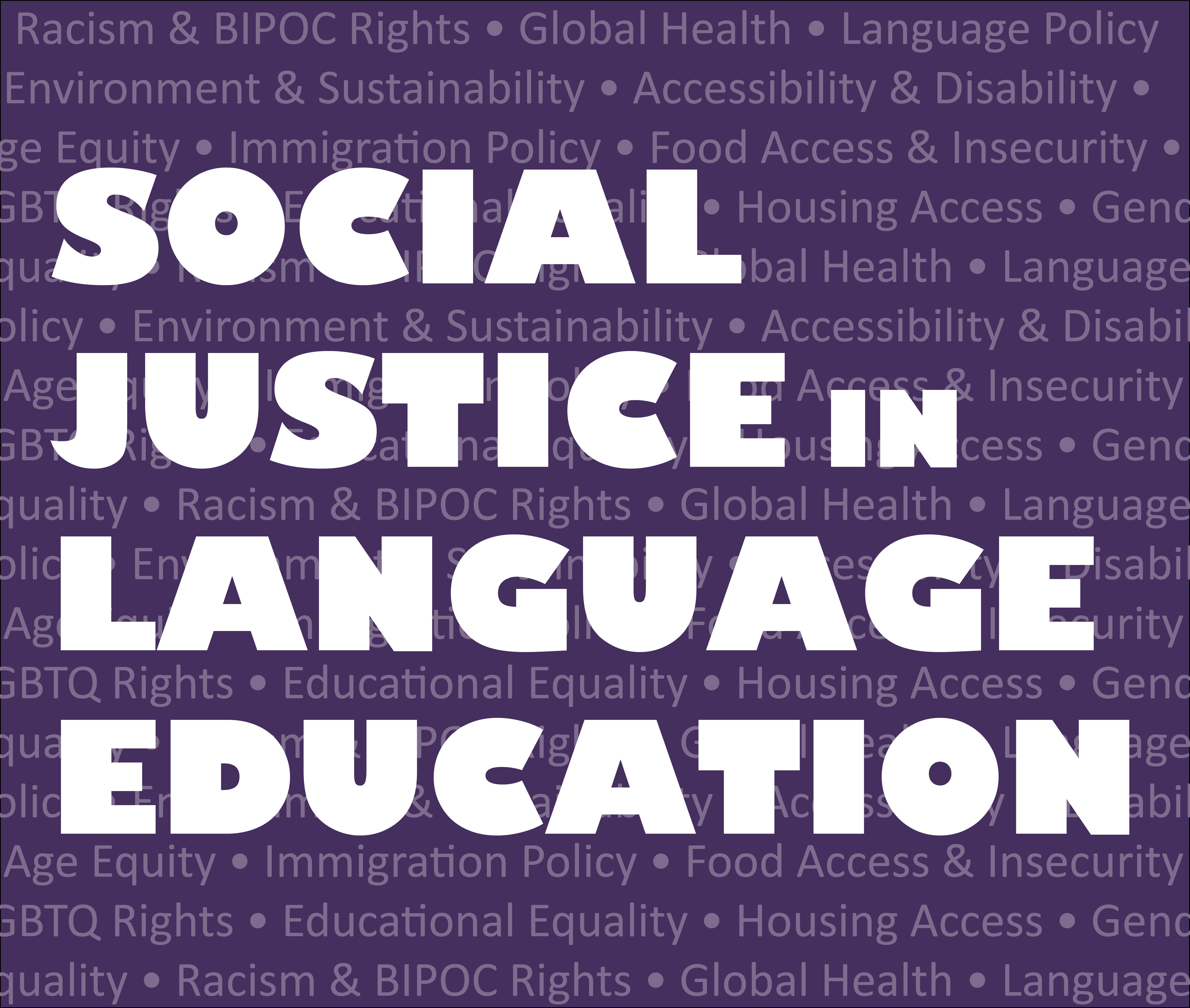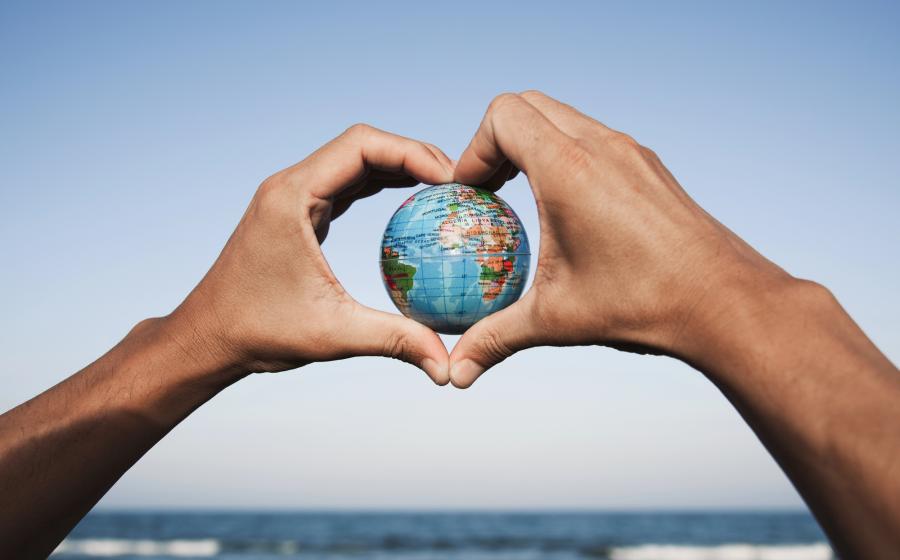Asylum, as an internationally recognised lifesaving right, provides options for starting a new life to those who leave their homes due to war, violence, or any other serious human rights violations. But if not guided well, this journey towards asylum can bring problems.
When a person flees his country to a safe place, he leaves with a desire for safety, personal dignity, and a chance to live a better life.
Every single application for asylum and policy debate on immigration and refugees revolves around a human being who has left a home, a personal story in search of a safe and secure future, free from violence and threats.
Asylum is a lifesaving protection. When people migrate to other countries for safety, they bring a lot of changes to the host countries…and the policies governing them.

The hardest and most painful thing one can imagine is to leave one's own home, family, and friends. The reason behind this may be different for each person. If I take my own example, I left my home for a higher quality of education and to explore opportunities in international human rights organisations. Since coming to the UK, I have seen people belonging to different corners of the world who came here for work, protection of life, and as refugees.
There are countless stories of people leaving their motherlands and fleeing to seek asylum in other countries to avoid conflicts, violence, and any kind of persecution or fear of being killed.
After coming to the UK to pursue my Masters in Human Rights, I have learned how asylum has been applied and exercised in developed countries.

A stateless person, as defined by the 1954 United Nations Convention Relating to the Status of Stateless Persons, is a person who is not considered a national of any state. This means that they do not hold formal citizenship of any state.
Religion is an important part of cultures. Religion has the power to shape personal lives as well as communities. It can provide meaning and a sense of belonging to many people. It can also help foster community engagement. Religion is an important aspect of life and deserves to be protected no matter what the religion, faith, or belief.
The Research for Indigenous Social Action and Equity Center (RISE) ( at the University of Michigan) will host its inaugural Research for Indigenous Social Action and Equity Conference (RISE Conference) from March 11-13, 2024, at the Tulalip Resort in Tulalip, WA.
CARLA’s Social Justice in Language Education initiative aims to improve teachers’ understanding and application of critical pedagogies as they teach social justice themes. The initiative has three components: research, resources, and professional development.

From CARLA, the Center for Advanced Research on Language Acquisition at the University of Minnesota:
Goodspeed, L., Menke, M., Paesani, K., & Ruf, H. (2021, September 28). "Bringing Social Justice into Language Classrooms: Templates to Guide Instructional Planning."




